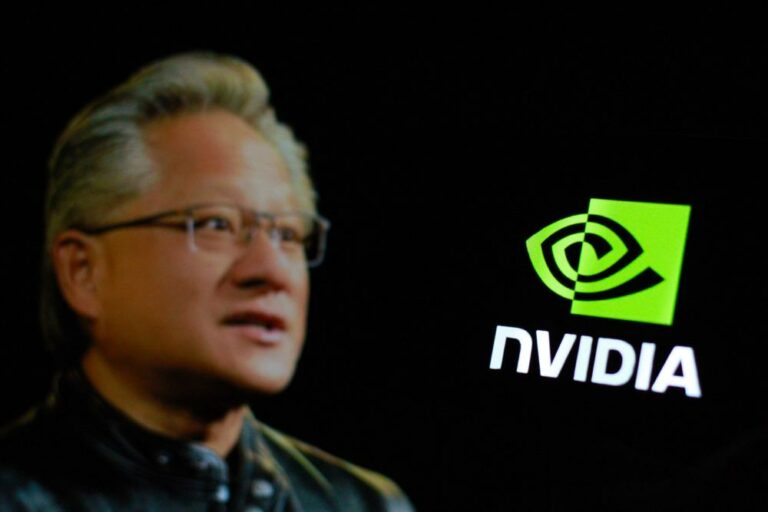China’s market regulator has announced that a preliminary investigation shows that Nvidia has violated Chinese antitrust law. Commitments made in connection with the acquisition of Mellanox are also said to have been breached.
While China and the United States are negotiating trade in Madrid, Beijing appears to be seeking to strengthen its negotiating position with this move. The preliminary investigation results from SAMR, the Chinese market regulation authority, come a few days after the Trump administration decides to place 23 Chinese companies on a US trade blacklist.
For Nvidia CEO Jensen Huang, the announcement complicates his efforts to sell modified versions of advanced chips in the world’s second-largest economy despite US-China tensions. Huang visited China three times this year to emphasize his company’s commitment to the Chinese market.
Mellanox acquisition in sight
In December, China launched an investigation into Nvidia for alleged violations of antitrust law. At the time, this was seen as a retaliatory measure against US restrictions on the Chinese chip sector. Now, it appears that the 2020 acquisition of Mellanox Technologies is also under scrutiny.
During that acquisition, Nvidia promised to continue supplying the Chinese market with GPU accelerators for computer calculations. However, US export controls prevented the company from keeping this promise, and it had to discontinue the sale of advanced accelerators.
Under China’s anti-monopoly law, companies can be fined between 1 and 10 percent of their annual revenue. China accounted for $17 billion in revenue for Nvidia in the last fiscal year, or 13 percent of total sales.
Growing headwinds
Access to advanced AI chips is a crucial battleground in the technological rivalry between the US and China. Nvidia, the world leader in AI chips, is at the center of this battle. President Trump’s administration imposed restrictions and later partially relaxed them on the sale of advanced chips to China.
At the same time, China is trying to make its tech industry less dependent on American chips. Chinese authorities called companies such as Tencent and ByteDance to account for their purchases of Nvidia’s H20 chip, out of concern about information risks.
Tip: Nvidia snatches network specialist Mellanox from Intel (update)
